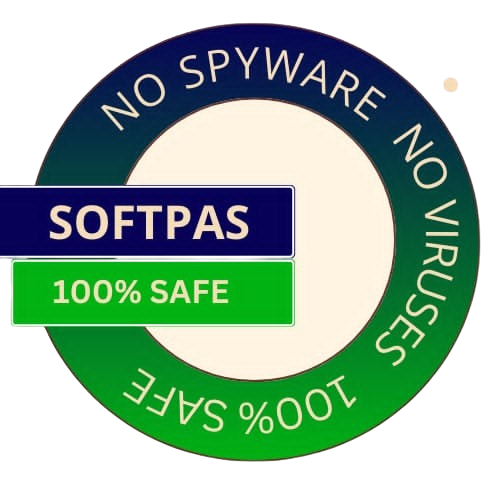
Get the best deals on your favorite games
tcpextract is a handy tool that helps you pull files from captured TCP sessions. It works with both live streams and pcap files, making it pretty versatile!
You can use tcpextract with various protocols. Here's what it supports:
If you're using Gentoo, you'll need to enable the Abnorm Overlay first. After that, you can install it easily with this command:
emerge tcpextractIf you prefer using pip, just run this command:
pip install tcpextractIf you want to install manually or grab an older version, download the tarball and extract it like this:
tar xzvvf tcpextract-*.tar.gz
cd tcpextract-*
sudo python setup.py installTo install from git, use these commands:
git clone https://github.com/faust/tcpextract.git
cd tcpextract
sudo python setup.py installWhen you kick off tcpextract, it will listen on any available interface by default and save extracted files in './output'. Just a heads up—capturing live streams needs root privileges. Also, live sniffing can be slow. If possible, try using tcpdump or similar tools for data capture.
If you want more details on how to tweak the settings or change the default behavior, just run:
tcpextract --helpThe best part? tcpextract is modular! This means it's easy to extend. If you're interested in writing modules to support more protocols, check out the wiki here!
Go to the Softpas website, press the 'Downloads' button, and pick the app you want to download and install—easy and fast!

SoftPas is your platform for the latest software and technology news, reviews, and guides. Stay up to date with cutting-edge trends in tech and software development.
Subscribe to newsletter
© Copyright 2024, SoftPas, All Rights Reserved.